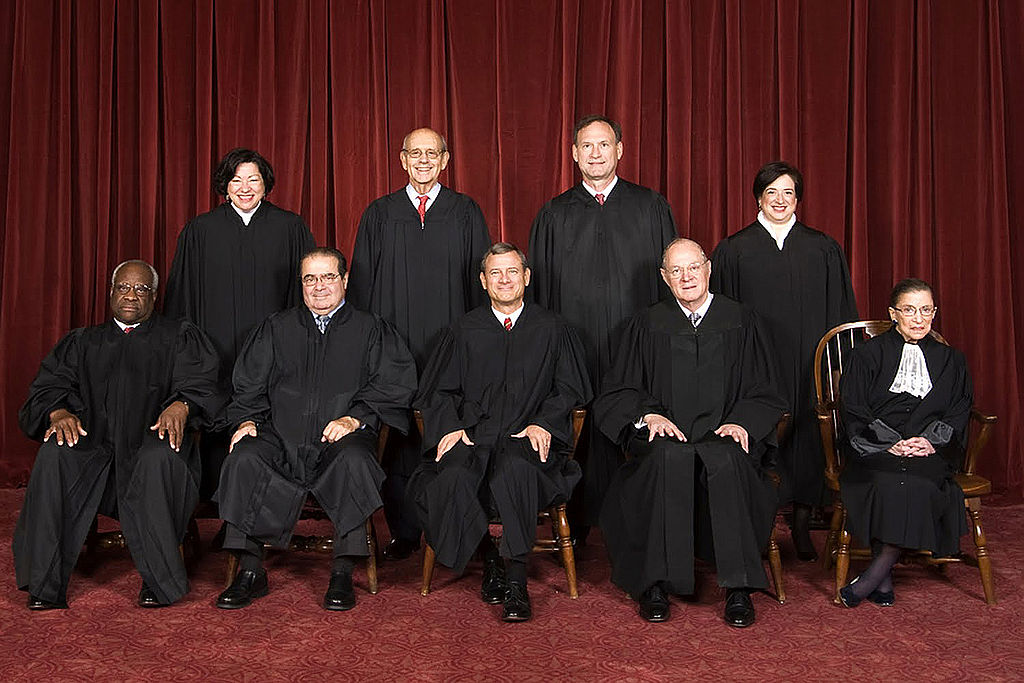 |
Language moves. In the world of disability, phrases enter our lexicon to replace other terms that become pejorative, then they too have to be replaced. This is a normal process and does not mean we cannot work for better language, because representation matters. Representation shapes reality and reality shapes representation. This assertion is a fundamental tenet of my writing and this blog. One of my goals is to work on the many details and complexities linking language to power and privilege, especially as it relates to disability.
So here’s a headline that you might have missed (I would have missed it if not for Rebecca Cokley, executive director of the National Council on Disability): Supreme court ends “mental disability.” Sort of.
The U.S. Supreme Court is often divided, but on one little-noticed point last week, it was unanimous: the term “mental retardation” is no longer appropriate to use. This may seem trivial and way too late. Mental health professionals and most of the rest of us long ago abandoned that phrase, which echoes insulting schoolyard epithets.
But at an institution whose decisions have broad impact, the court’s action is a significant sign of society’s progress toward treating each other with dignity.
The court’s shift came Tuesday in Hall v. Florida, which struck down Florida’s method for determining whether a death row inmate who claims intellectual disability should be executed. On that issue, the court split 5-4.
But on the second page of the majority opinion, Justice Anthony Kennedy laid down the law on terminology: “Previous opinions of this court have employed the term ‘mental retardation.’ This opinion uses the term ‘intellectual disability’ to describe the identical phenomenon.” Justice Samuel Alito Jr. adopted the same term in his dissent. As recently as 2013, the court routinely used “mental retardation” in its opinions.
The persistent effort by some states to execute people with severe intellectual disabilities is just one of the many horrors of the death penalty and its application in America. That’s the bigger issue here.
Still, SCOTUS reflects a broader societal shift in language and representation, and I’m pleased to read Kennedy’s and Alito’s language here.